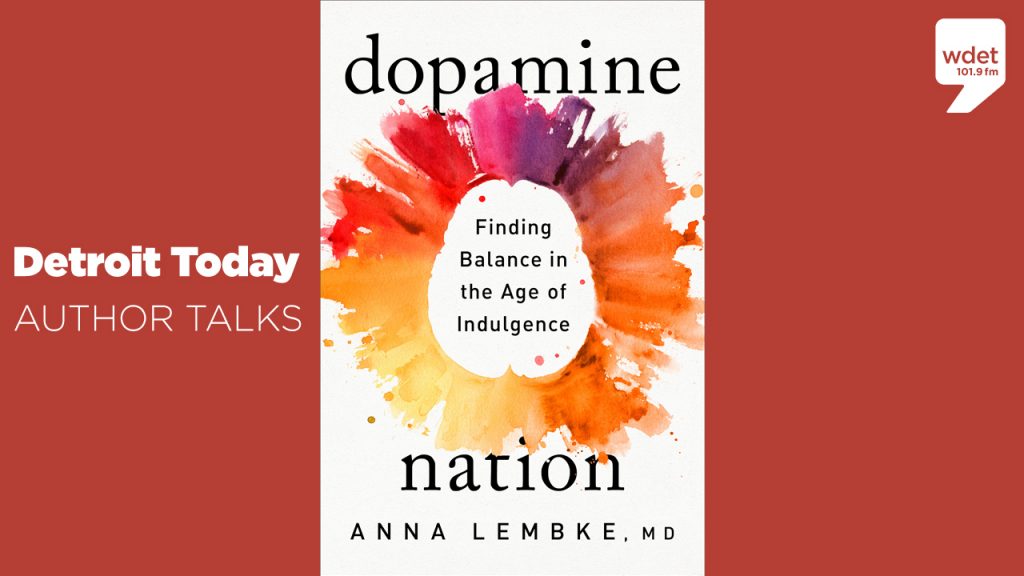Put the Phone Down: New Book “Dopamine Nation” Focuses on Overcoming Digital Dependency
Dr. Anna Lembke says we are living in a world overloaded with dopamine and it turns out, too much of the feel-good chemical can have negative impacts on our health.

Dopamine, the chemical responsible for feelings of pleasure within our minds and bodies, often comes to us by way of our favorite food, sex, gambling, alcohol, and even through technology — especially smartphones and social media. While these things may not be dangerous in moderation, it turns out that when we become addicted to this chemical release, it can actually lead to chasing it down, needing more of it to achieve the same results and crashes that can create feelings of depression and anxiety. How do we beat our dopamine addiction in an age of overindulgence around every corner? Dr. Anna Lembke has some ideas.
Listen: Addiction specialist and author Dr. Anna Lembke on her new book “Dopamine Nation: Finding Balance in the Age of Indulgence.”
Guest
Dr. Anna Lembke is Medical Director and Professor of Addiction Medicine at Stanford University and the author of the newly released book, “Dopamine Nation: Finding Balance in the Age of Indulgence.” Lembke has been working with patients struggling with addiction for decades. She says the neurological framework that exists within humans makes all of us vulnerable to addiction, and it’s also what helped us survive at the dawn of humanity.
Lembke notes that while some people are more prone to addiction, all of us are at risk simply because of the nature of our society at this point. “These devices have been engineered to keep us hooked,” notes Lembke, who explains that the flashing lights, the alerts the enumeration of ranking and likes are all a part of the methodology to keep us coming back for more. While not all smartphone and social media use is a bad thing, Lembke says it becomes a problem when we are missing out on other aspects of our lives and not reaching goals that were once important to us.
“The real problem with these high-dopamine rewards is they make everything else less interesting.” –Dr. Anna Lembke, author of “Dopamine Nation: Finding Balance in the Age of Indulgence”
With the ubiquity of technology and the readily available abundance of so many consumer products in wealthy nations like the United States, Lembke says “we are all a little addicted to something at this point.” But Lembke explains that when it comes to technology it’s important to remember that “the more time and energy we invest in the virtual world, the less time we’re investing in our relationships in the real world.”
While it’s difficult to know when we are addicted to something, if we suspect we are developing an unhealthy reliance on something whether it’s soda or a smartphone, Lembke recommends doing a “dopamine fast.” She says if you are addicted to the object or substance in question, the withdrawal will likely feel unpleasant at first, but after half a day or so, it can feel liberating and will lead to more happiness in the long run. “The real problem with these high-dopamine rewards is they make everything else less interesting,” says Lembke.
Trusted, accurate, up-to-date.
WDET strives to make our journalism accessible to everyone. As a public media institution, we maintain our journalistic integrity through independent support from readers like you. If you value WDET as your source of news, music and conversation, please make a gift today.
